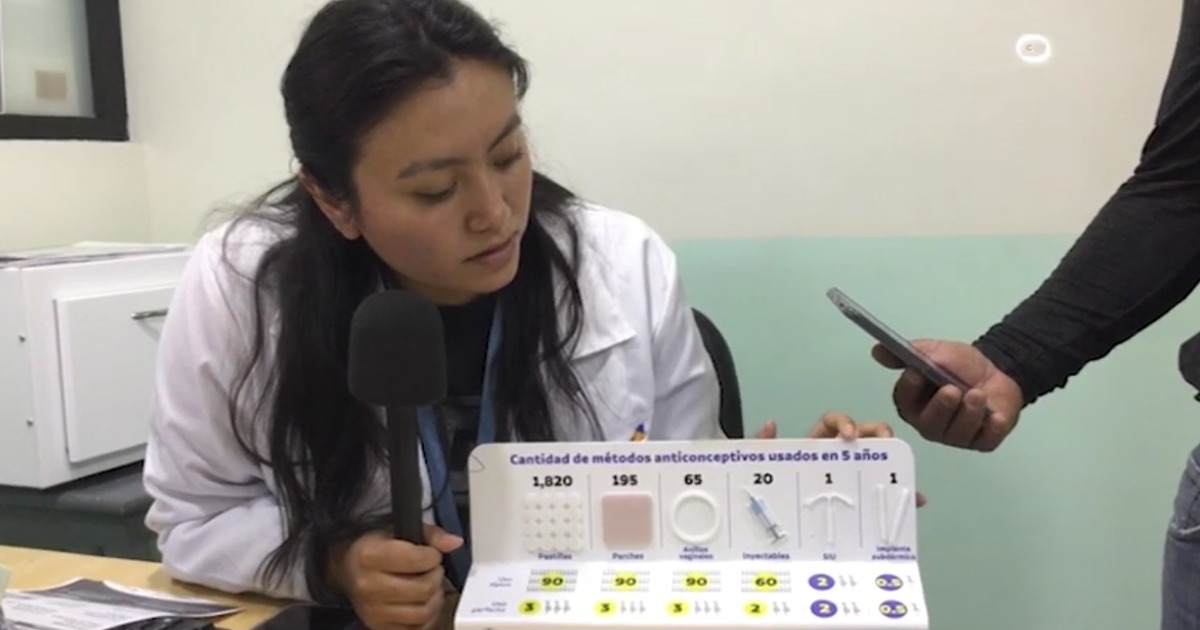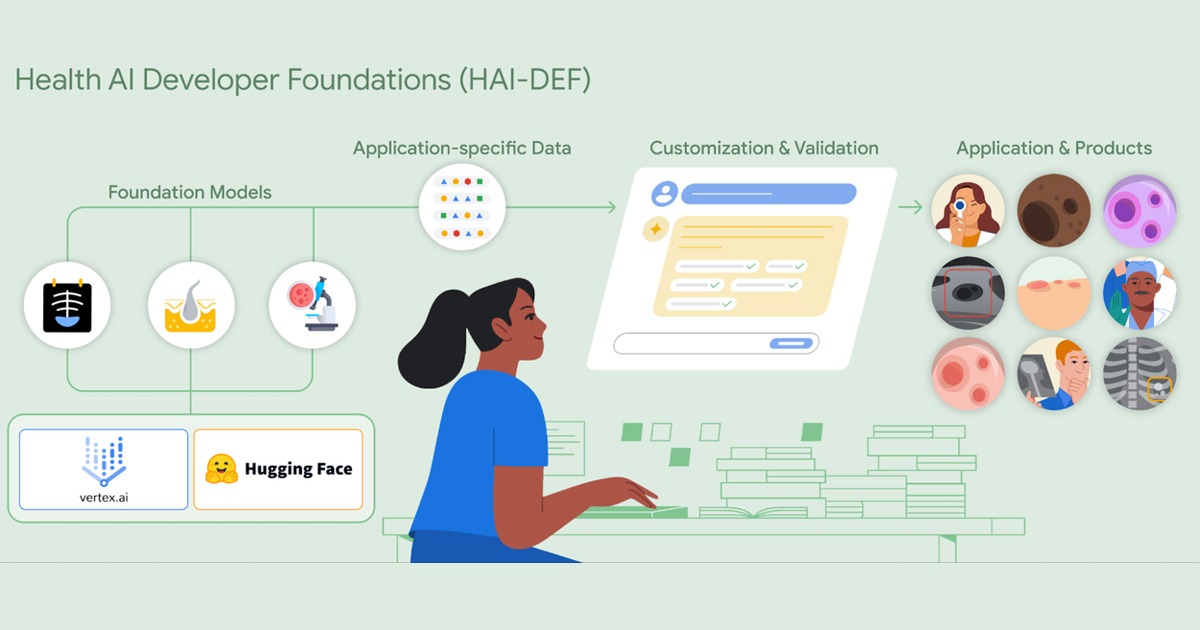Natural language processing (NLP) can be used to structure data and improve patient care, research, and disease diagnosis.
NLP is a discipline that studies the use of computers to interpret and analyze natural language, that is, human speaking language. In this sense, NLP is part of what we know as Artificial Intelligence (AI), and is related to other technologies such as deep learning and machine learning.
For example, NLP can be used for article analysis and medical research. By means of text extraction techniques, which are later interpreted as numbers, articles and research or any other primary source can be found that accurately show the topics, words, and other concepts that are chosen.
However, this is only one of its applications. The example above uses a logic model in which linguists write the rules and define the patterns that the algorithm must recognize.

In addition, there are other probabilistic models of natural language that are based on data, this model, contrary to the previous one, requires that linguists be the ones to collect information, so that the NLP can calculate the probability that specific words or sentences appear in texts of certain contexts.
The components of NLP are morphological or lexical analysis, syntactic analysis, semantic analysis, and pragmatic analysis. In this way, they carry out an analysis of individual words, of structured sentences, their interpretation and their context.
Johnathan Hartmann, who works as a clinical informatician at Georgetown University, explained in an interview with the specialized site HealthITAnalytics, the relevance of NLP in patient care and clinical research: "I work a lot with doctors and talk to them about the data search. Their main complaint is that they can't quickly extract the precise information they want when they do a search. The search is very imprecise. It takes too much time and too much work for them to get the information they want.”
In addition, he explained that this tool allows doctors to obtain a greater number of clinical research articles and texts in less time. In addition, the extraction of information is precise, so it not only saves time in searches but also in reading and discriminating information.
Also, NLP can be used in the diagnosis of diseases. By applying such technology in the classification of electronic medical records, laboratory reports, echocardiograms, or other medical images.
HEALTH IT ANALYTICS
KNOWLEDGE ENGINEERING INSTITUTE
INTER-AMERICAN DEVELOPMENT BANK





